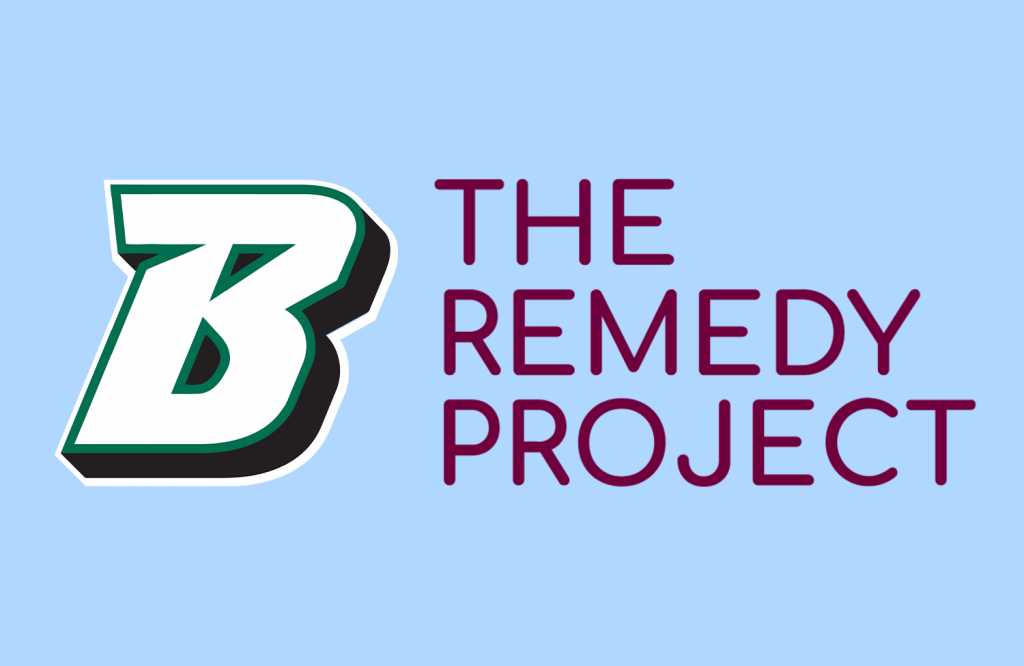
The Remedy Project started a new chapter at Binghamton University to help those incarcerated by training students to write grievance reports on their behalf.
The organization began the process of starting a chapter in BU after founder David Simpson reached out to faculty and inspired a group of students to aid with his mission. Currently, the organization is recruiting student volunteers so that it can be officially chartered.
Simpson explained he was wrongfully incarcerated for 10 years and, while in prison, he learned how to write complaints through the administrative remedy system, a grievance procedure that allows inmates to file formal complaints regarding the prison environment. Simpson said he soon started helping the inmates around him write their own grievances.
While in prison, he joined Columbia University’s Prison Education Program, which allowed him to attend the university after his release. There, he formed a group of students who learned to write these administrative remedy grievances. This effort eventually expanded beyond Columbia University to bring public advocacy to other schools, like BU, and became known as The Remedy Project.
According to the Corrective Information Council, inmates with concerns would have to file a series of documents and then wait to receive a response from the administration, which would then address the issues raised.. Simpson explained this process was often inaccessible for inmates as it requires an understanding of how to properly file the documents, and in extreme cases prison staff would target those who file complaints.
“Prison workers have an oath to protect themselves,” Simpson said. “So the remedy process would go on staff file, which can affect their wages and promotion. So they would suppress the remedy process, they wouldn’t tell us about it or tell us how it’s used. Sometimes they would even try to suppress inmates who did complain, and start targeting them.”
Currently, The Remedy Project has an outreach team in Binghamton composed of six BU students and two out-of-state volunteers. According to Luna Azcurrain, a member of the outreach team and an undeclared freshman, the organization is currently trying to recruit student volunteers by posting QR codes throughout campus and collaborating with other on-campus organizations. Azcurrain explained the goal is to develop a large network of student volunteers who would learn to write the remedy process to aid inmates.
Simpson elaborated on the importance of having a large community of student volunteers, as it allows for inmates to have access to safe and inexpensive aid.
“I thought, people are still being neglected and abused in prison,” Simpson said. “It dawned on me. What if I trained students to do the administrative remedy process? Majority of people in prison can’t pay for help, and doing remedy costs a lot of money. Recruiting students outside prison meant [prison] force can’t retaliate either.”
Simpson thinks BU would be a good hub for public advocacy, and explained that, even if students just sign up to volunteer, it increases the power the organization holds. This is crucial for The Remedy Project, as it not only relies on students to write the administrative remedy grievances, but it also relies on them to spread awareness about the cause. Increasing awareness is one of the most immediate forces of action that can impact inmates.
Azcurrain explained why she joined The Remedy Project.
“I’ve already been involved in advocacy,” Azcurrain said. “But what appealed to me is that you can help someone in the system directly.”
Danasia Smith, a junior majoring in sociology, explained how her own experiences informed her decision to join The Remedy Project.
“I believe choosing this organization goes back to my own personal experiences with close family members, [who] I’ve witnessed [being] belittled while stripped away [of] their basic human rights [while] serving time incarcerated,” Smith wrote in an email. “Learning about The Remedy Project and seeing how there are things that can be done to help individuals all over that are incarcerated made me want to get involved. No one should experience being punished while already experiencing the punishment of serving time incarcerated.”
More information on how to sign up and volunteer for The Remedy Project can be found through their TikTok, @theremedyprojectorg and their Instagram, @theremedyproj.


